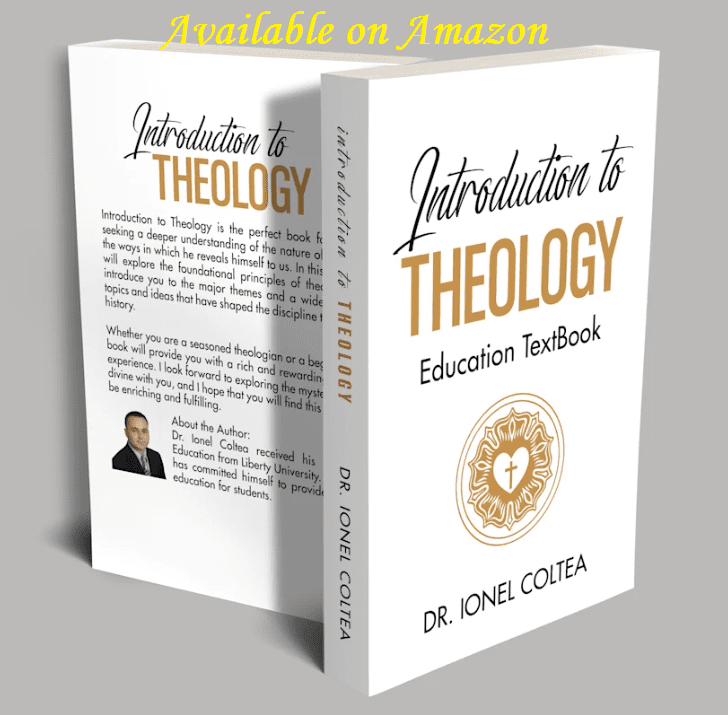The Bible refers to Satan as the “prince of the power of the air” in several passages, including Ephesians 2:2 and Colossians 2:15. These verses suggest that Satan holds a certain level of authority over the world and the forces of evil that operate within it.
One interpretation of this phrase is that Satan has a temporary right to rule over the world system, which includes the physical realm as well as the spiritual realm. This means that Satan has the ability to influence and deceive people on a natural level, as well as on a spiritual level through the use of demons and false religious systems.


In Ephesians 2:2, Paul writes that Satan “walks about like a roaring lion, seeking whom he may devour.” This passage suggests that Satan is actively seeking to deceive and destroy people, using whatever means he has at his disposal. This includes the use of demons, who are described in the Bible as being involved in the development of false religious systems and the promotion of “doctrines of demons” (1 Timothy 4:1).
It is important to remember, however, that Satan’s power and authority are ultimately limited by God. In Colossians 2:15, Paul writes that Jesus “disarmed principalities and powers, He made a public spectacle of them, triumphing over them in it” (NKJV). This verse suggests that Jesus has overcome Satan and his forces, and that believers in Jesus have been given the victory over them through Christ’s death and resurrection.
Satan is actively seeking to deceive people and turn them away from Jesus and the true Christian faith. There are several ways in which Satan seeks to accomplish this, including the following:
Promoting false teachings and doctrine: In 1 Timothy 4:1, the Bible warns that “some will depart from the faith, giving heed to deceiving spirits and doctrines of demons.” This suggests that Satan and his demons seek to promote false teachings and doctrine in order to lead people away from the truth of the gospel.
Provoking doubts and unbelief: In Matthew 13:19, Jesus says that the “wicked one” (referring to Satan) “comes and snatches away what was sown in the heart” (NKJV). This suggests that Satan seeks to plant seeds of doubt and unbelief in people’s hearts, causing them to question the truth of the gospel and turn away from it.
Distracting people from their relationship with God: In Ephesians 2:2, Paul writes that Satan “walks about like a roaring lion, seeking whom he may devour.” One way in which Satan seeks to devour people is by distracting them from their relationship with God and drawing them away from spiritual practices such as prayer and Bible study.
Leading people into sin and away from righteousness: In John 8:44, Jesus says that Satan is a “liar and the father of it” (NKJV). This suggests that Satan seeks to deceive people into believing that sin is acceptable and that they can live a righteous life apart from God.
It is important for believers to be aware of these tactics and to be on guard against them. We can do this by regularly studying the Bible, seeking the guidance of the Holy Spirit, and being part of a healthy Christian community that helps us stay grounded in the truth of the gospel. By remaining rooted in the truth, we can resist the deception of Satan and continue to grow in our relationship with God.


The phrase “prince of the power of the air” refers to Satan’s temporary right to rule over the world and the forces of evil that operate within it. This includes the use of demons to deceive and promote false religious systems, but ultimately Satan’s power is limited by God and believers in Jesus have been given the victory over him through Christ’s death and resurrection.
Check our academic programs here.






